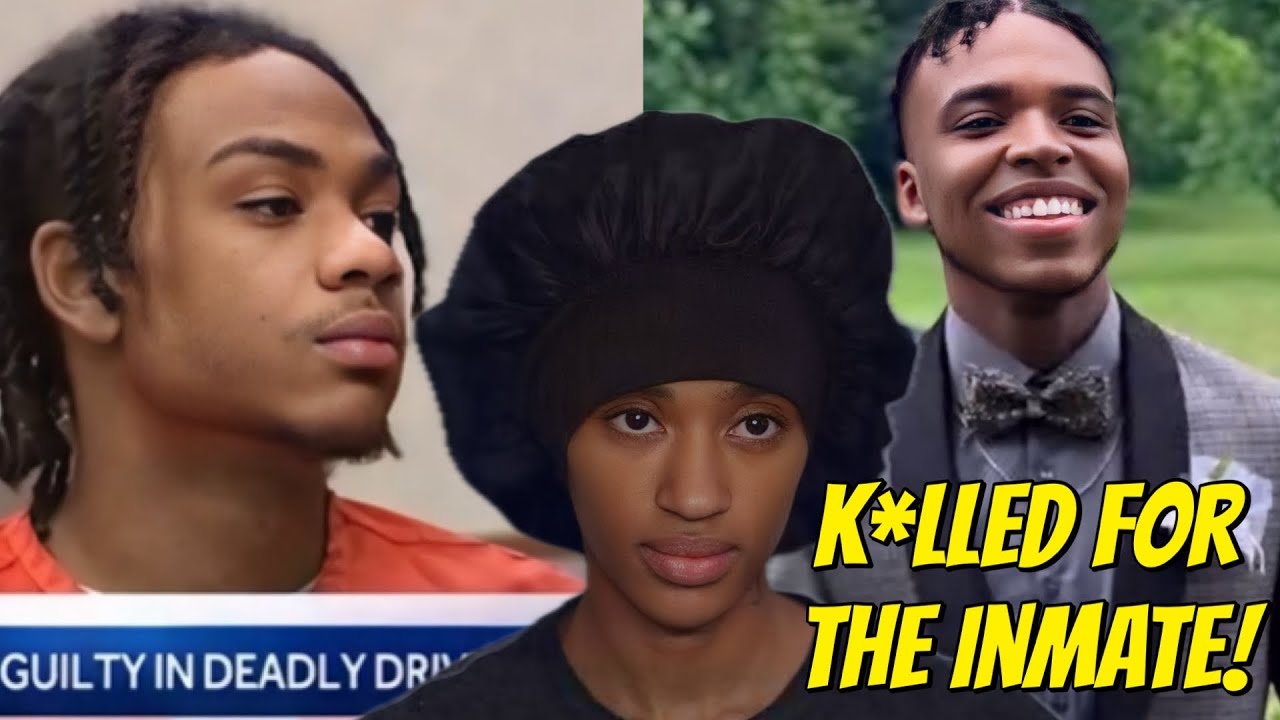Betrayal and Bloodshed: The Shocking Case of the Backdoor Queen in Louisville
In a harrowing tale of betrayal that has rocked Louisville, a 22-year-old woman named Jasmine Brown stands accused of orchestrating a gruesome double homicide from within the walls of her own home. The chilling details reveal a web of manipulation and loyalty gone awry, raising questions about trust and safety in the most intimate of relationships.

On October 22, 2025, the Louisville Metro Police Department responded to a shooting at the Falcon Crest Apartments on Napa Valley Court, discovering the lifeless bodies of two young men, 18-year-old Kievan Faulner and 22-year-old Marian Cwell. The scene was one of horror: no forced entry, no robbery, just two friends gunned down in cold blood. As the investigation unfolded, it became clear that the true danger lay not in the shadows of the night but within the very walls they called home.
Jasmine Brown, who was present during the murders, allegedly played a pivotal role in setting up the victims, acting on orders from her boyfriend, Clifton Jones, who has been incarcerated since 2019 for manslaughter. During a series of jail phone calls, police say Brown made statements that indicated her intent to “backdoor” the victims—a street slang term for betrayal. In a shocking revelation, she reportedly told Jones, “If I love them like that, I wouldn’t be getting ready to backdoor them,” moments before the tragic events unfolded.
The investigation revealed that Brown was not just a bystander; she was deeply enmeshed in a plot that led to the senseless loss of life. Witnesses testified that Brown had facilitated the entrance of the alleged shooters into her home, even confirming that the door was unlocked. As police pieced together the timeline, it became evident that this was not an impulsive act of violence but a premeditated betrayal fueled by jealousy and manipulation.
The community of Okalona, known for its hardworking families and tight-knit relationships, has been left reeling. Residents expressed disbelief that such violence could erupt from within their own neighborhood, where trust is often taken for granted. “You have to watch the people you live with,” one local lamented, highlighting the pervasive sense of fear that now grips the area.
As the court proceedings unfold, Brown’s defense team argues that she was manipulated into her actions, claiming she did not physically participate in the murders. However, the evidence presented in court suggests a far more sinister narrative, one where loyalty turned deadly. With a bond set at $1 million, Brown now faces the possibility of life behind bars, her future hanging in the balance as the case heads to the grand jury.
Meanwhile, the alleged shooters remain at large, their identities still unknown to the public. As the investigation continues, authorities are urging anyone with information to come forward, emphasizing the need for community involvement in solving this tragic case.
This shocking incident serves as a stark reminder of the fragility of trust and the dark undercurrents that can exist in even the closest relationships. As families mourn the loss of Kievan Faulner and Marian Cwell, the community grapples with the aftermath of betrayal, questioning how such a tragedy could unfold in their midst. In a world where the greatest threats can come from those we least suspect, the haunting question remains: who can we truly trust?







